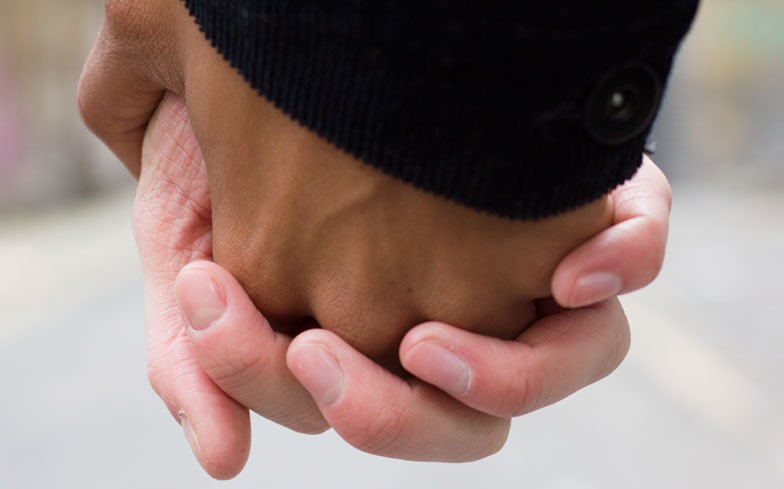
New research reveals worrying statistics about attitudes towards LGBTQ people in the UK.
One in ten people still think that LGBTQ people are ‘dangerous’, and one in ten people think LGBTQ people can be ‘cured’ of their identity, according to anti-violence charity Galop’s newly-released 2019 LGBTQ Hate Crime Report.
One in five people say that being LGBTQ was ‘immoral’ or ‘against their beliefs’ – a figure which shockingly rose to one in four among 18-24 year olds, higher than any other age group.
Around three in five people responded ‘very positively’ to having LGBTQ neighbours, while one in five showed reluctance to having lesbian, gay and bi neighbours and one in four showed reluctance to having trans neighbours.
Elsewhere, one in two people agreed hate crime has higher impact than other types of crime, but only four in ten said they believe that violence against LGBTQ is a problem in the UK.
“At Galop we’ve seen a stark increase in the severity and scale of anti-LGBT violence and abuse over the past few years. This appears to be a symptom of emergent anti-LGBT attitudes and social division across society,” said Nick Antjoule, Head of Hate Crime Services at Galop.
“The fact that anti-LGBT hate crime figures are rising so much faster than race, faith and disability hate crime should be a wake up call for policy makers. We urge action now to address this problem before it escalates further.
“Despite most people in this UK poll voicing support for LGBT+ people; a significant proportion still think we are dangerous, immoral or that we can be ‘cured’. It offers a sobering reminder that progress achieved in recent decades can easily be reversed.”
Galop’s report comes as the Home Office release their own worrying hate crime statistics, which show that transphobic hate crime increased by 37% last year, while homophobic and biphobic hate crime increased by 25%.
“Recorded anti-LGBT+ hate crime has doubled in the last three years. This is reflected in the escalating scale, severity and complexity of hate crime cases we are supporting at Galop,” said Nik Noone, Galop’s Chief Executive.
“Our ambition is that this report gives insight into the scale of prejudice still faced by our community. More importantly, we hope its findings and recommendations will act as a springboard for action.”
If you have experienced homophobic, biphobic or transphobic abuse or violence and need support visit galop.org.uk



